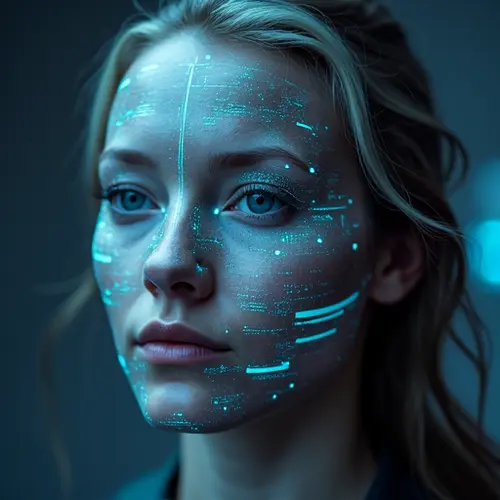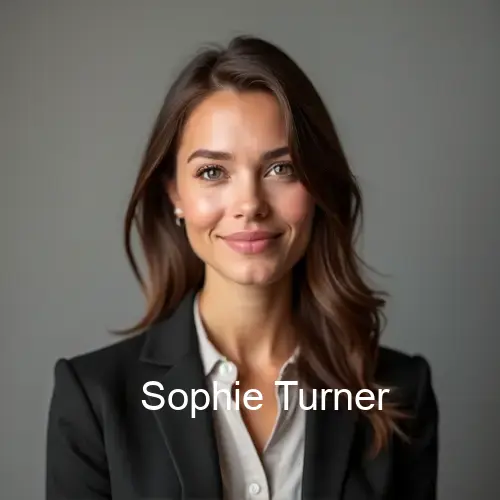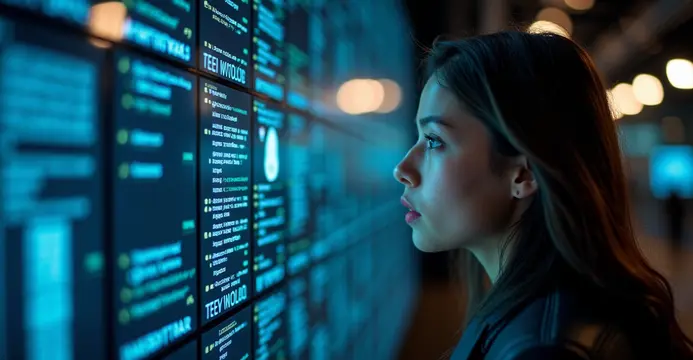
The Rising Threat of AI-Generated Voice Fraud
Audio deepfakes - synthetic voice recordings created using artificial intelligence - have sparked urgent policy responses worldwide. Recent incidents include viral songs mimicking Drake and The Weeknd, fake CEO voices authorizing fraudulent money transfers, and political misinformation campaigns. The technology uses machine learning systems like GANs (Generative Adversarial Networks) to create convincing voice replicas from minimal audio samples.
Legislative Responses Accelerate
Tennessee's ELVIS Act (Ensuring Likeness Voice and Image Security) leads recent policy efforts. Signed by Governor Bill Lee, it adds voice protection to existing likeness laws and explicitly covers AI-generated simulations. 'What used to require Hollywood studios can now be done on a laptop,' notes digital rights attorney Maria Rodriguez.
14 states now ban nonconsensual sexual deepfakes, while 10 states regulate political deepfakes. California's AB 459 proposes similar voice protections for actors, and New York's SB 2477 targets fashion model impersonations.
Detection Arms Race Intensifies
Major platforms including Meta, YouTube, and TikTok are developing audio watermarking standards. The EU's AI Act requires clear labeling of synthetic media, while the US FTC explores new disclosure rules. Detection startups like Reality Defender report 400% growth in demand since 2024.
'The scary part isn't the fake Biden robocalls - it's the undetectable scams targeting grandparents,' explains cybersecurity expert Dr. Kenji Tanaka. His research shows current detection tools struggle with newer voice models trained on smaller samples.
As policy debates continue, experts recommend verifying unusual voice requests through secondary channels and supporting legislation requiring consent for voice replication.

 Nederlands
Nederlands
 English
English
 Français
Français
 Deutsch
Deutsch
 Español
Español
 Português
Português








